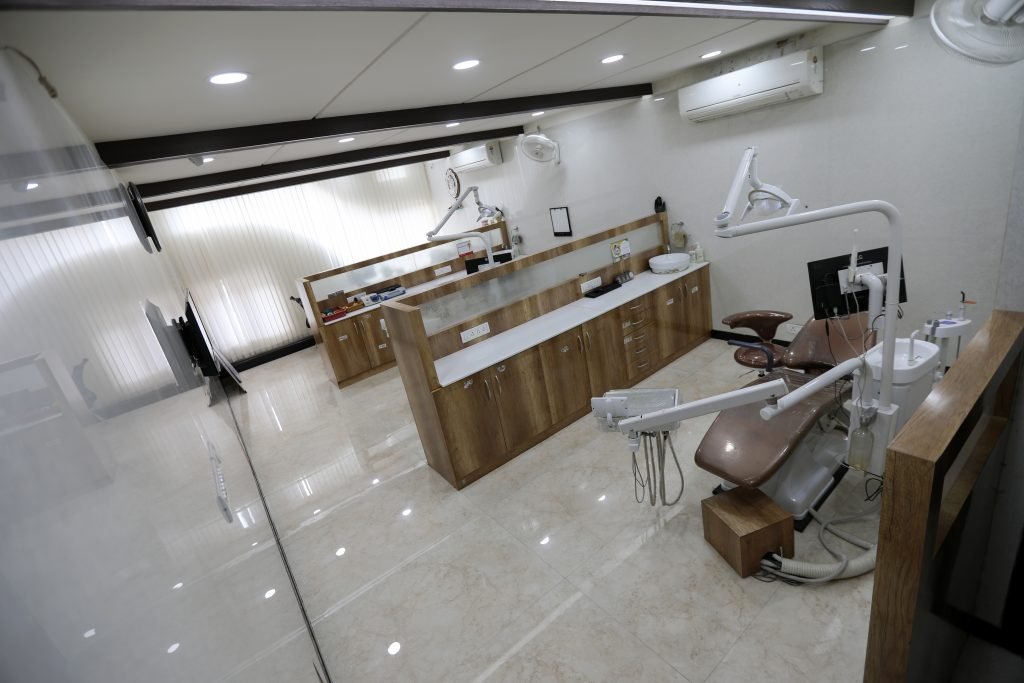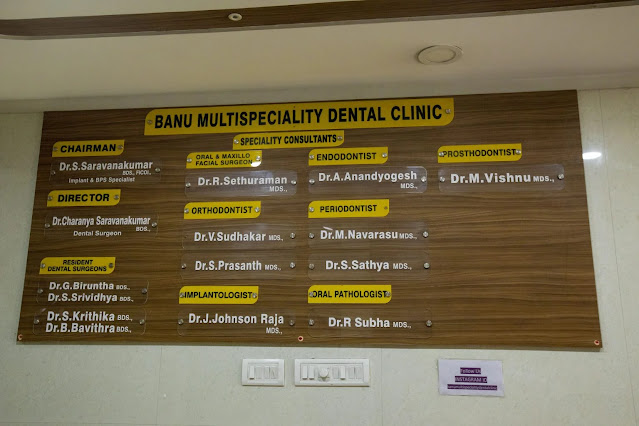Dental Hospital before stages and after stages treatments in Kumbakonam-Banu Dental Clinic
Dental Hospital before stages and after stages treatments in Kumbakonam-Banu Dental Clinic Banu Dental Clinic in Kumbakonam is a one-stop destination for all your dental needs. With a team of highly experienced and qualified dentists, we offer the best treatments for all kinds of dental problems. We specialize in both before and after stages treatments for dental issues. Before Stages Treatment At Banu Dental Clinic in Kumbakonam, we understand that preventive care is the key to a healthy life. That’s why our team of dentists are dedicated to providing the best preventive dental care to our patients. We conduct regular checkups, thorough cleanings, and oral health assessments to ensure that your teeth and gums stay healthy. Our preventive care involves dental X-rays, fluoride treatments, sealants, and more. Dental Clinic Near Me After Stages Treatment At Banu Dental Clinic in Kumbakonam, we know that it’s important to restore the natural health of your smile when dealing wi...


Comments
Post a Comment